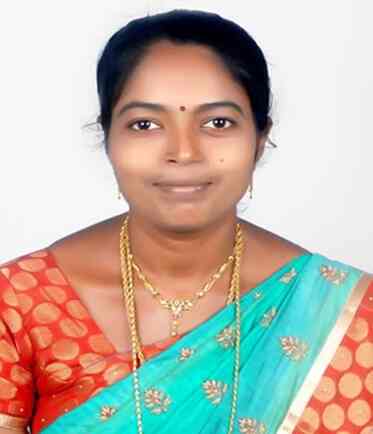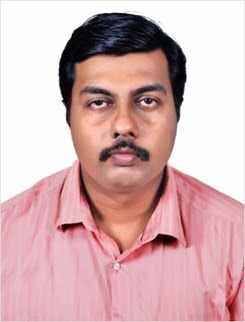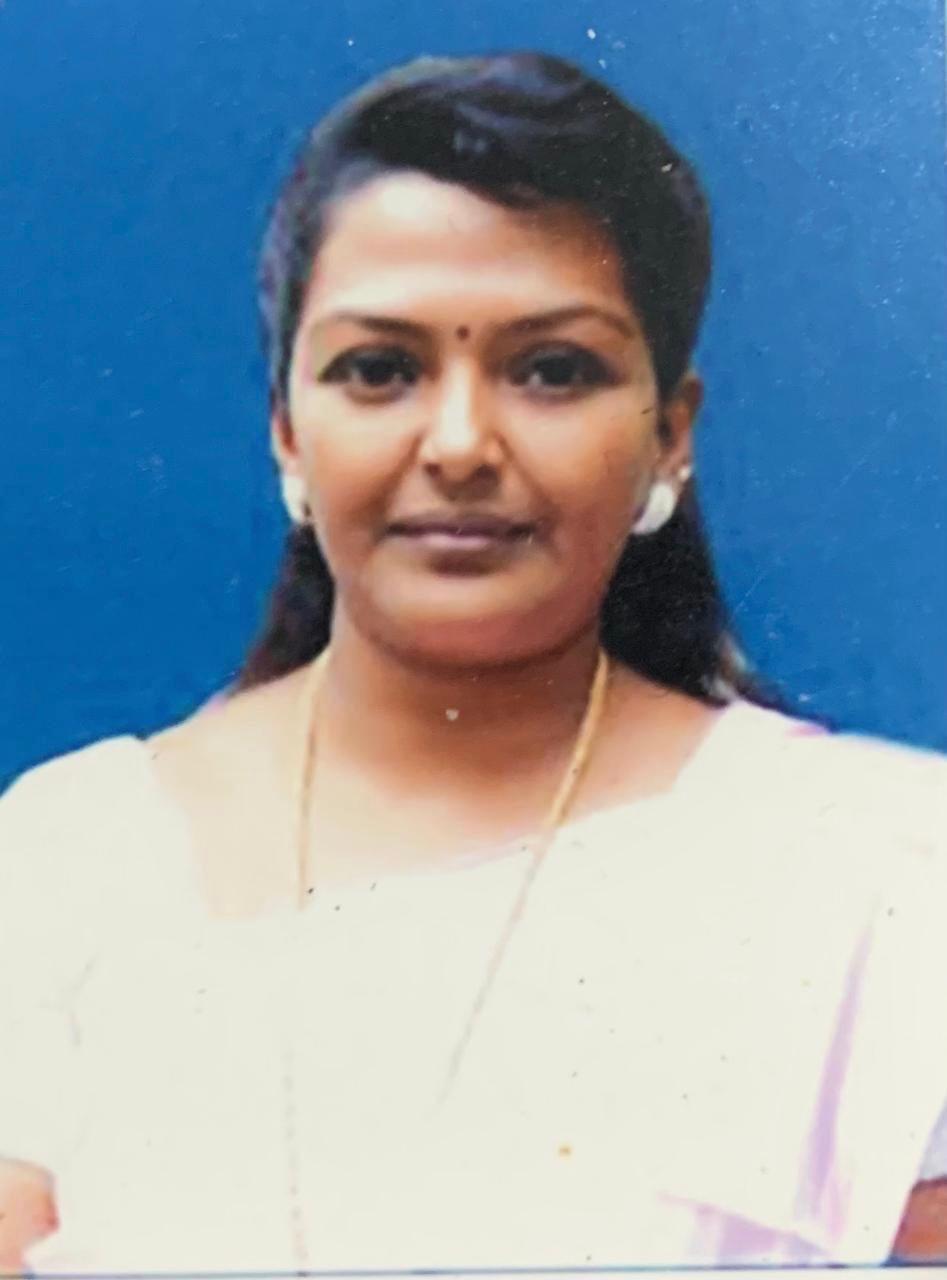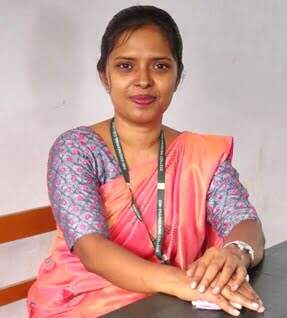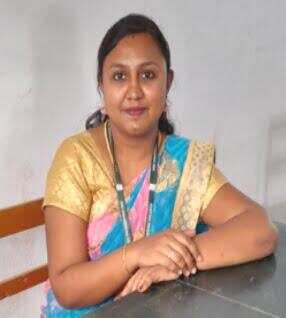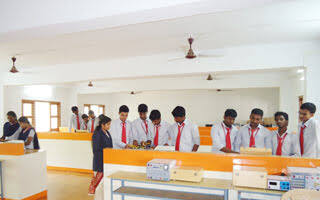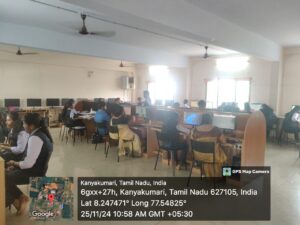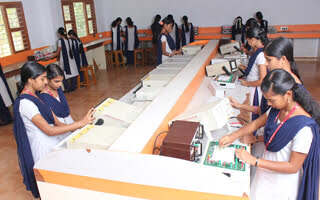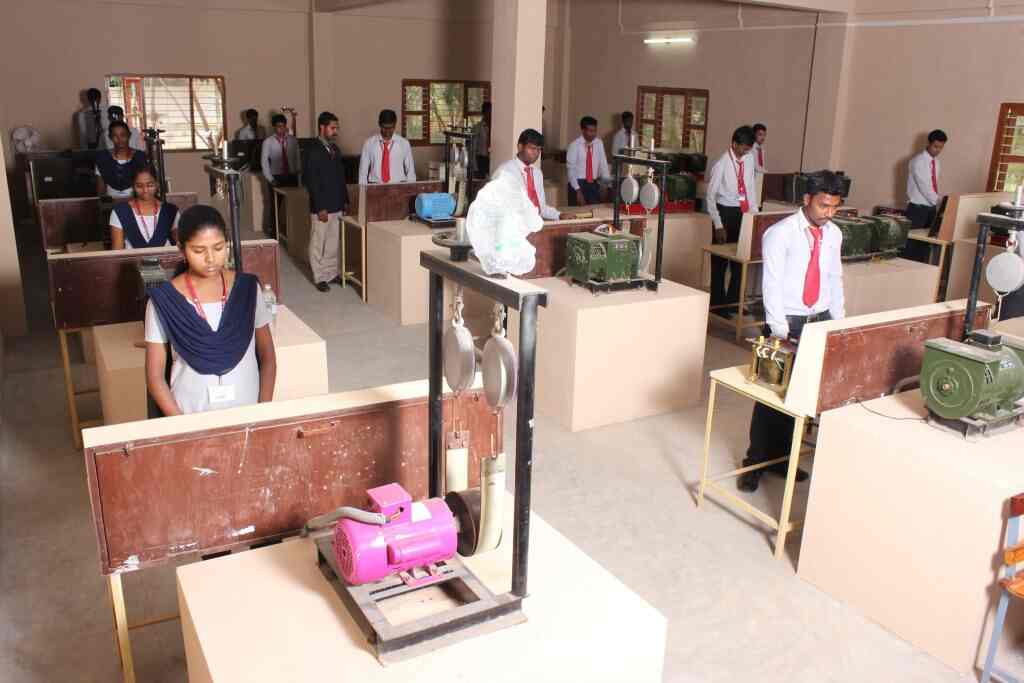Our Faculty
Our Electrical and Electronics Engineering (EEE) faculty members are committed to providing students with a comprehensive and cutting-edge education in the fields of electrical and electronics engineering. They bring a wealth of knowledge and experience, covering a broad spectrum of specialized domains such as power systems, control systems, renewable energy, electronics, signal processing, and telecommunications.

